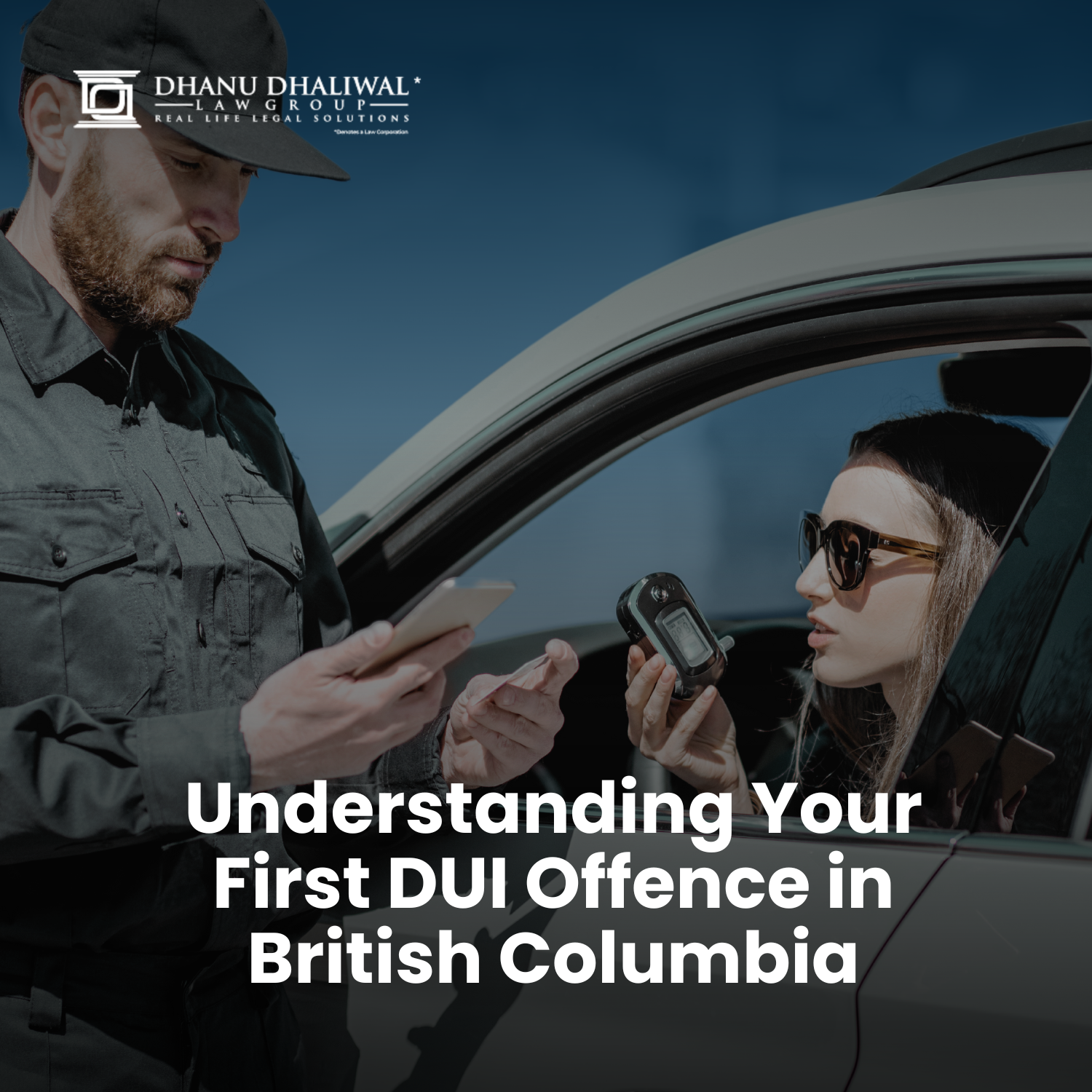Most Canadians assume that criminal charges can only be brought forward by the police and Crown prosecutors. But under Canadian law, any citizen has the right to launch a private prosecution if they believe a crime has been committed.
While this safeguard exists to ensure access to justice, private prosecutions are rare, complex, and face significant legal hurdles. At Dhanu Dhaliwal Law Group, our criminal defence lawyers break down what private prosecution means, how it works, and why it often fails in practice.
The Definition of Private Prosecution
A private prosecution is when an individual — not the Crown — lays criminal charges before a court. This power comes from Section 504 of the Criminal Code of Canada, which allows any person who believes an offence has been committed to “lay an information” before a justice of the peace.
In simple terms:
A private citizen can file a sworn statement alleging that someone has committed a crime.
The matter is then reviewed by a judge in a preliminary screening.
This process exists as a safeguard in the justice system to ensure that serious allegations can be heard, even if prosecutors decline to act.
How the Process Works in British Columbia
The steps for a private prosecution typically include:
- Filing the Information – The citizen swears a statement before a justice of the peace or provincial court judge.
- Initial Hearing (Screening Test) – The judge decides if there are reasonable grounds to proceed.
- Subsequent Hearing – If it survives the first stage, the case is reviewed in greater detail.
- Crown Oversight – At any point, the BC Prosecution Service or federal Crown can intervene, take over, and stay (drop) the prosecution.
Why Private Prosecutions Rarely Succeed
Although the right exists, private prosecutions face enormous challenges:
- Crown Authority – The Crown has the power to take over and end the case at any stage.
- Resource Limitations – Citizens lack the investigative tools and prosecutorial resources available to the Crown.
- Judicial Hurdles – Judges often halt private prosecutions if the Crown is already reviewing the matter.
As former Crown prosecutor Rob Dhanu, KC explains:
“Ultimately, private prosecutions are more symbolic than practical. They may highlight government inaction, but the likelihood of success in court is slim.”
When Are Private Prosecutions Useful?
While rare, private prosecutions can be effective in certain circumstances:
- Shining a Spotlight – They can draw public and political attention to issues the Crown has ignored.
- Protecting Citizen Rights – They serve as a constitutional safeguard ensuring that justice is not entirely in the hands of the state.
- Prompting Action – Sometimes the mere filing of a private prosecution pressures the Crown into making a decision.
FAQs on Private Prosecution in Canada
❓ Can anyone start a private prosecution?
✅ Yes. Any citizen can lay an information under Section 504 of the Criminal Code.
❓ Do private prosecutions often lead to convictions?
❌ No. Most are halted by judges or taken over and stayed by the Crown.
❓ Why would someone try a private prosecution if it rarely succeeds?
✅ Often to raise awareness, apply political pressure, or demand government accountability.
❓ Can private prosecutions apply to hate speech or terrorism charges?
✅ They can be attempted, but federal or provincial Crowns usually intervene quickly due to the complexity of such cases.
Related Legal Insights
- Private Prosecution Against Charlotte Kates: Why Experts Say It’s Unlikely to Succeed
- What To Do If You’re Arrested in BC
- Understanding Criminal Law in British Columbia
External Authoritative Resources
Department of Justice Canada – Private Prosecutions
Criminal Code of Canada – Section 504
Final Word
Private prosecutions may sound powerful, but in reality, they are extraordinarily difficult to win. They are best understood as a constitutional safeguard and political tool rather than a practical route to criminal convictions.
At Dhanu Dhaliwal Law Group, our lawyers have deep experience in criminal law and prosecutorial decision-making. If you are under investigation, facing charges, or want to understand your rights in BC’s criminal justice system, we can help.
Call us today to speak with an experienced criminal defence lawyer.




